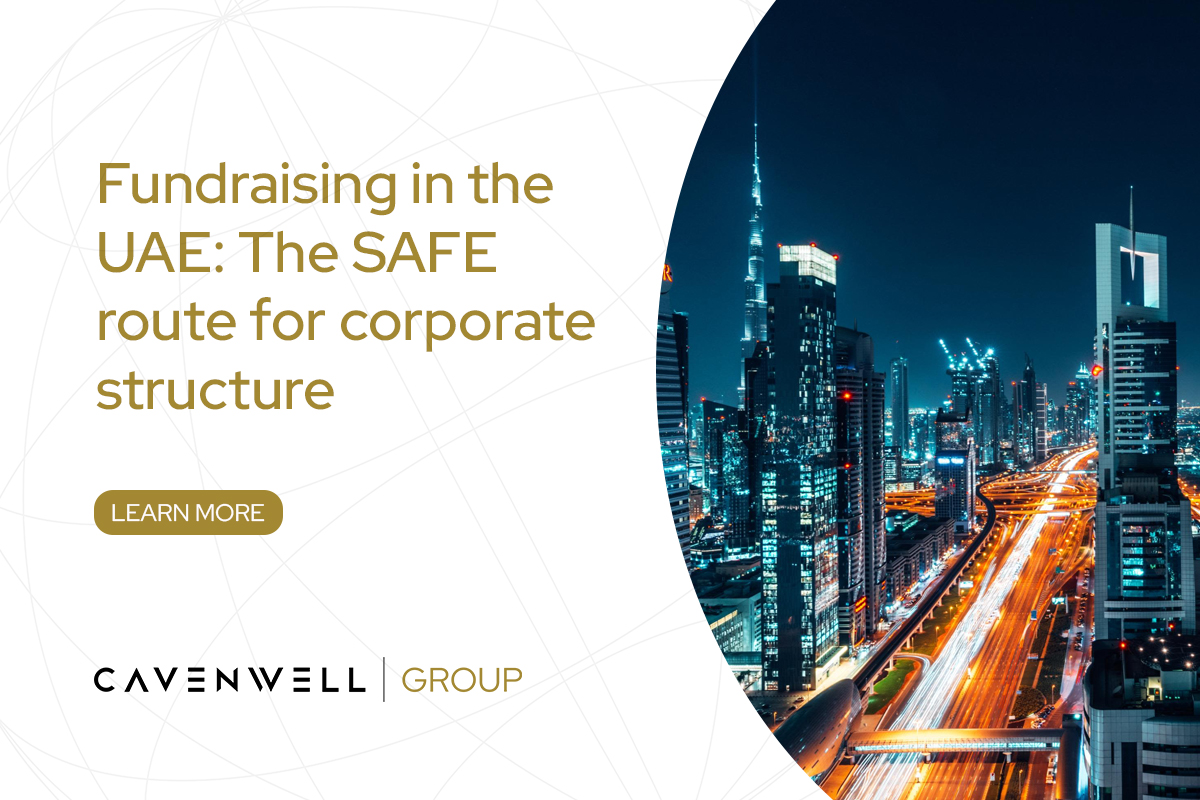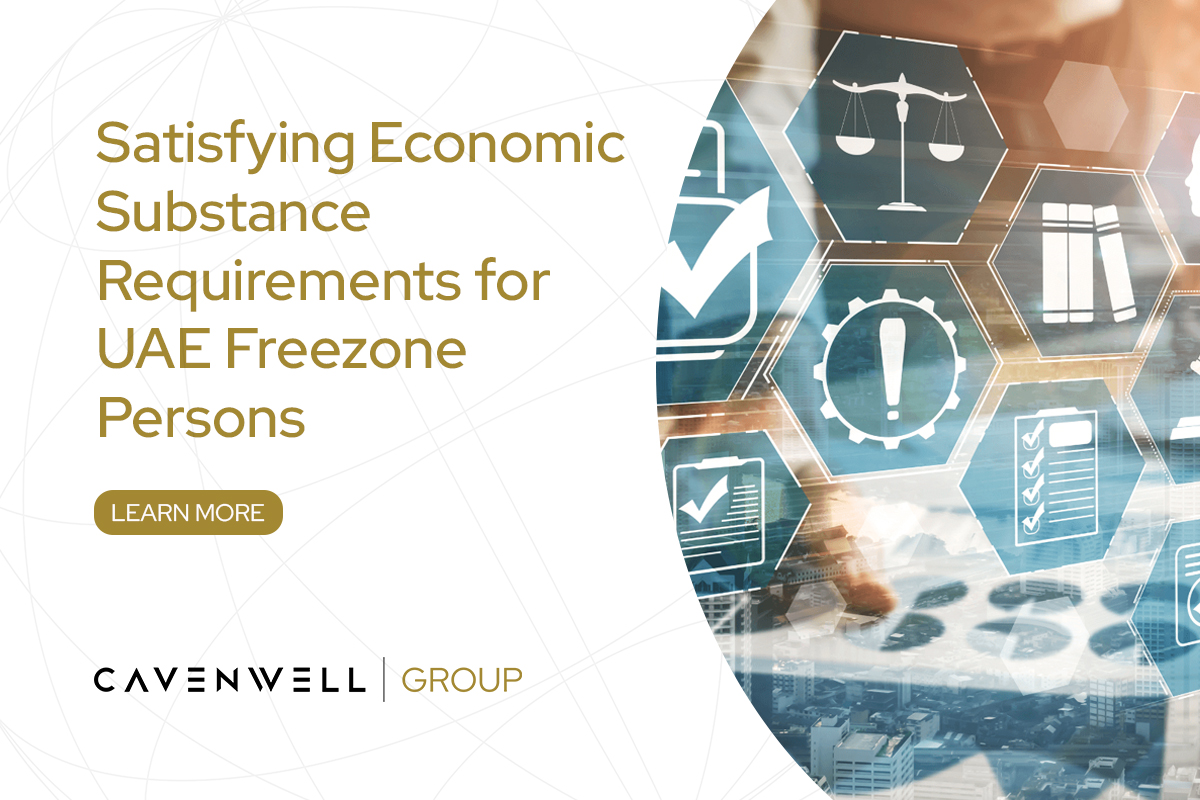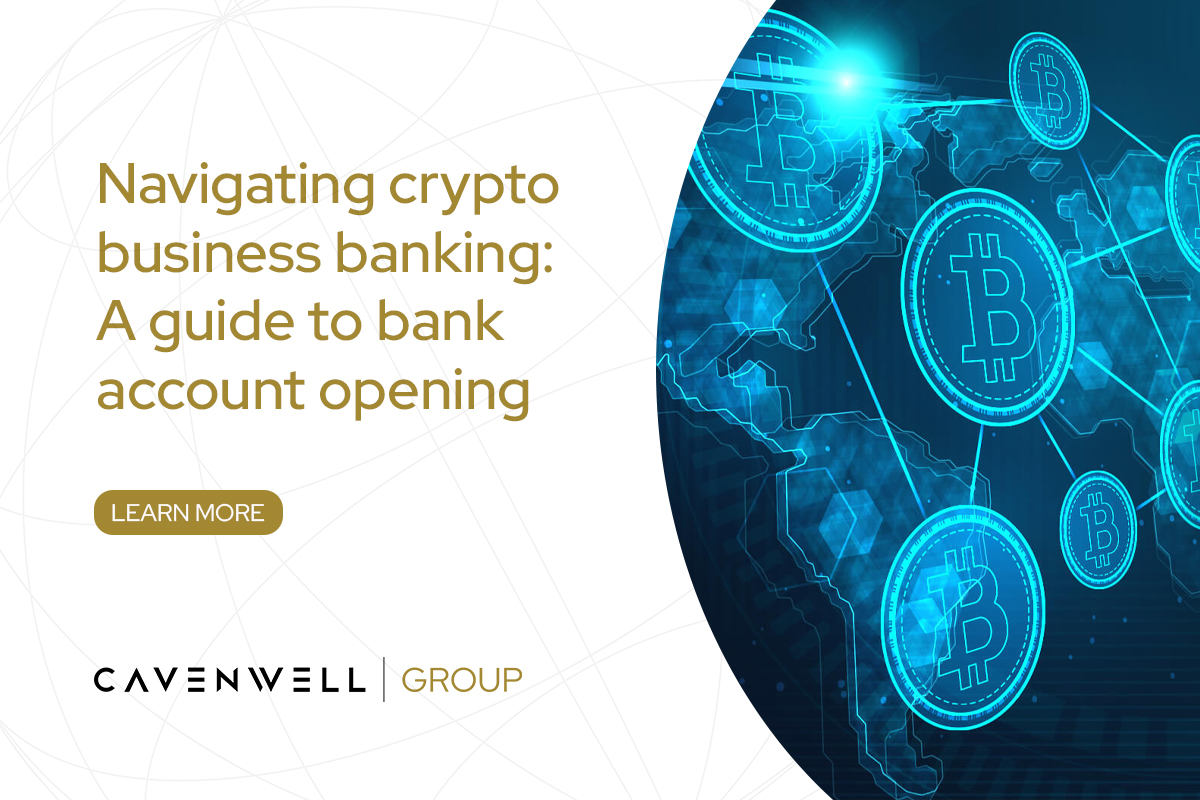The allure of the United Arab Emirates (UAE) as a fertile ground for investments has grown significantly in recent times, especially against a backdrop of economic turmoil in many western markets. The nation’s robust economy, coupled with a burgeoning innovation and startup ecosystem, makes it a compelling destination for entrepreneurs and investors alike. A notable part of this appeal rests on the UAE’s forward-thinking legal frameworks that accommodate modern fundraising instruments, one of which is the Simple Agreement for Future Equity (SAFE).
Originally conceived by Y Combinator, a SAFE has become a common instrument for startups to secure initial funding without the immediate issuance of new shares. It’s a simplified, cost-effective agreement that has gained traction globally, including in the UAE. However, the application of a SAFE in the UAE comes with its unique set of considerations, particularly concerning the compatibility with existing legal structures of Mainland LLCs and Freezone entities.
Many entities in the UAE are established under Civil Law, particularly in free zones other than Abu Dhabi Global Market (ADGM), Dubai International Financial Center (DIFC), or Ras Al Khaimah International Corporate Centre (RAKICC). This legal framework presents certain challenges when attempting to implement a SAFE in its standard form, as typically crafted by Y Combinator. The core of the challenge hinges on the issuance of different classes of shares and the rights attached to them, aspects integral to a standard SAFE investment.
The majority of free zones in the UAE, with the exception of DIFC and ADGM, exhibit a rigid stance towards the issuance of different classes of shares. They either do not permit it, or where they do, impose certain restrictions on the rights attached to these shares. This poses a significant hurdle, as a standard SAFE agreement often necessitates the issuance of a new class of shares with distinct rights granted to investors.
Moreover, where a free zone’s regulations do not cover a particular matter, the federal commercial companies law comes into play. This may not always align with the interests of investors, thereby creating another layer of complexity in employing SAFE agreements within the UAE’s legal milieu.
One pathway is to redraft the SAFE to align with the legal framework of a Freezone entity. However, this may cause a significant deviation from the original intended agreement and may not align with investors’ expectations. Therefore, a more preferred route is the establishment of a common law holding company in jurisdictions that are conducive to the use of a SAFE, such as ADGM, DIFC, or RAK ICC. This approach retains the essence of a SAFE while ensuring legal compliance within the UAE. Moreover, exploring offshore holding company options in regions like the Cayman Islands, British Virgin Islands, or Jersey also presents viable solutions.
The emergence of the UAE as a hotbed for innovation and investment has catalysed a shift towards modern fundraising instruments like a SAFE. However, navigating the legal terrain to effectively employ a SAFE necessitates a nuanced approach, informed by a thorough understanding of both the federal and free zone-specific commercial laws. By either adapting the SAFE to the local legal landscape or opting for holding company structures in compatible jurisdictions, startups and investors can traverse the path of fundraising in the UAE with legal prudence and financial acumen. At this juncture, Cavenwell stands as a reliable ally for enterprises and investors. We specialise in the establishment of Special Purpose Vehicles (SPVs) and Holding Companies in key jurisdictions such as ADGM, DIFC, and RAKICC, as well as in prominent offshore jurisdictions.


